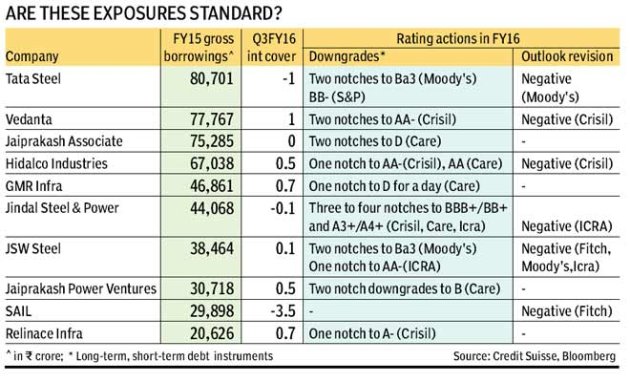Such NBFCs should have minimum net-owned funds of Rs2 crore and cannot provide any services other than account aggregation
The Reserve Bank of India (RBI) on Thursday released draft guidelines for setting up of non-banking finance companies (NBFC) that would act as account aggregators and provide customers with a single platform view of all their financial holdings across banking, insurance, mutual funds, provident funds and shares.
“At present, persons holding financial assets such as, savings bank deposits, fixed deposits, mutual funds and insurance policies do not get a consolidated view of their financial asset holdings, especially when the entities fall under the purview of different financial sector regulators. Account aggregators would fill this gap by collecting and providing information of customers’ financial assets in a consolidated, organized and retrievable manner to the customer or any other person as per the instructions of the customer,” RBI said in its release.
Such NBFCs should have minimum net-owned funds of Rs.2 crore and cannot provide any services other than account aggregation, the central bank said, adding that the account aggregator cannot support transactions in financial assets. Only NBFCs that have registered with the RBI will be allowed to undertake account aggregation. However, companies that aggregate accounts of only a particular financial sector governed by other regulators can be exempt from seeking RBI approval, the central bank said.
Initially, only financial assets whose records are stored electronically and are under the regulation of the financial sector regulators, namely RBI, Securities and Exchange Board of India (SEBI), Insurance Regulatory and Development Authority (IRDA) and Pension Fund Regulatory and Development Authority (PFRDA) shall be considered for aggregation, the draft norms said.
The NBFCs would provide account aggregation services in response to a specific application by the customer for availing such services and would be backed by appropriate agreements and authorisations, the draft norms said.
“No financial asset-related customer information pulled out by the account aggregator from the financial service providers should reside with the account aggregator,” the central bank said.
Pricing of services would be as per the account aggregator’s board-approved policy, RBI added.
In July 2015, RBI governor Raghuram Rajan had announced the intention of setting up such NBFCs for account aggregation.
The central bank has sought comment and feedback on the draft norms by 18 March.













